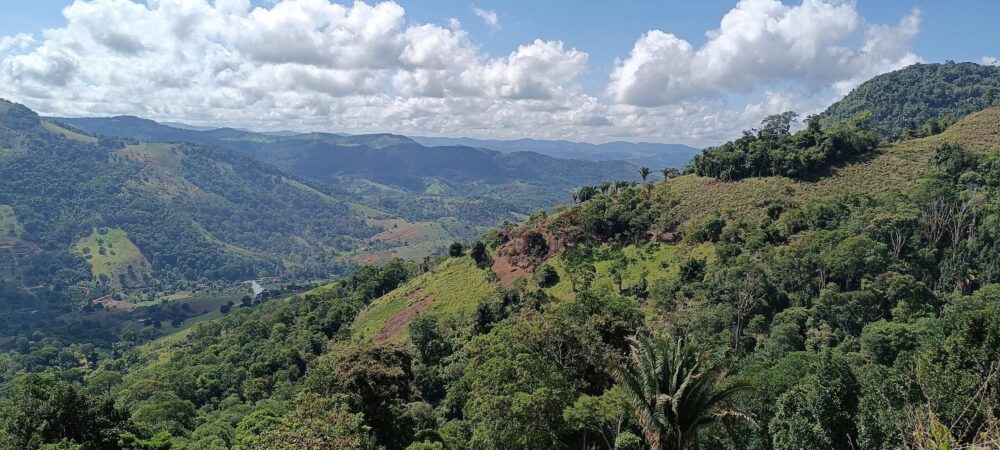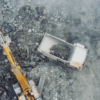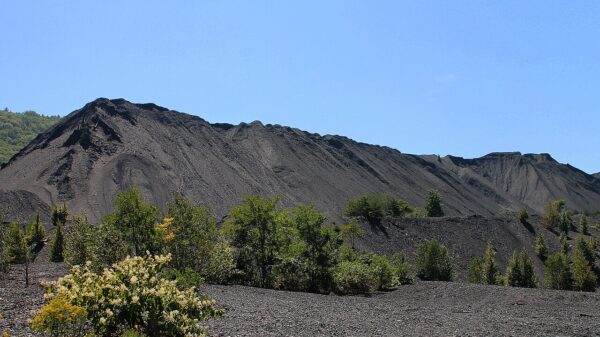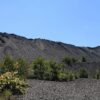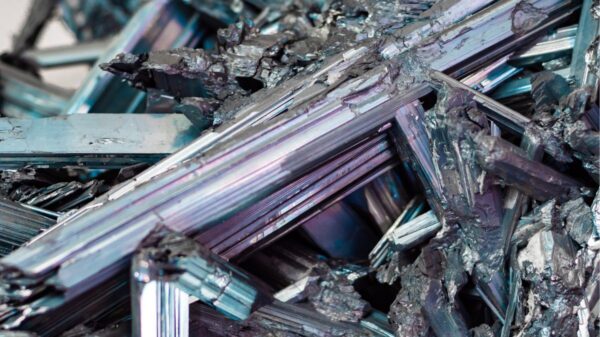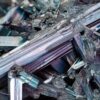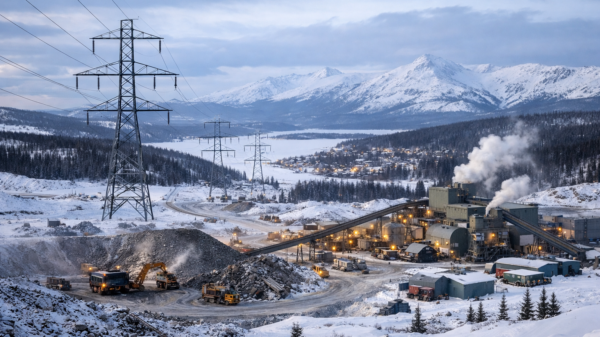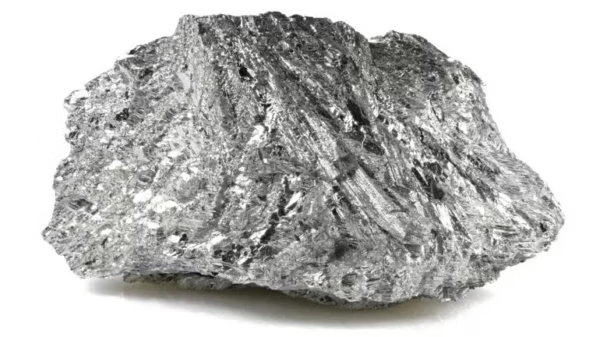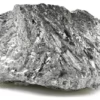Equinox Resources (ASX: EQN) has signed strategic agreements with downstream processor Alaska Antimony and Singapore-based trading firm SB51 for offtake, processing and commercialization directions for its Alturas project in Canada.
Announced on Tuesday, the non-binding agreement takes advantage of a strengthening antimony market predicated on tight global supply, and the rising prices and demand from Western industrila and defense sectors.
Antimony metal prices surged to US$59,800 per tonne this month due to global supply disruptions, Chinese export restrictions, and shrinking inventories of high-purity feedstock. Subsequently, Equinox managing director Zac Komur said the strategic agreement sets the stage for long-term solutions outside China’s control at Alturas.
“With China currently producing approximately 48 per cent of the world’s mined antimony and controlling an even greater proportion of refining capacity, Western markets are actively seeking alternative sources of clean and compliant feed,” Komur said.
Under the agreement, Alaska Antimony can negotiate a right of first refusal for ore and concentrate from Alturas. Additionally, this right could give the company a direct sales route into North America’s only proposed new antimony refinery in Alaska. The deal allows delivery of up to 10,000 tonnes of bulk sample material for smelter qualification and metallurgical testing.
These tests will also assess compatibility and support early-stage revenue generation from Alturas.
Equinox sees the agreement as a step toward formal commercial ties among the three companies. Furthermore, it appointed SB51 as the exclusive global sales agent for Alturas ore, tapping SB51’s antimony assets and market access.
Read more: NevGold’s long intervals of antimony & gold mineralization turn heads
Read more: NevGold pulls critical mineral antimony from Limo Butte property in Nevada
Equinox has started with LiDAR to map structures
Alaska Antimony director Caspian Tavallali said Canada provides the right geology, jurisdiction, and timing for Alturas. This is especially necessary as China and Russia control over 80 per cent of global production.
He said the partnership with Equinox and Alturas gives the company access to high-grade North American material from a stable, transparent source.
Working with SB51, he added, will be key to securing and moving raw materials into Western-focused processing channels. Tavallali believes the company is well positioned to play a significant role in the North American critical minerals supply chain.
Equinox has prioritised a work schedule at Alturas, starting with a LiDAR survey to map structures and refine drill targets. The survey will also focus on a 1.5-kilometre ultra high grade, coarse-grained stibnite bearing shear zone.
The company will also assess the historical open-cut zone, where past sampling returned grades up to 69.98 per cent stibnite.
This zone lies next to legacy adits extending 50 metres into the hillside. The company will then drill high-priority zones at depth to confirm extensions of high-grade mineralisation.
Equinox will also conduct cobbling and ore sorting trials, targeting up to 10,000 tonnes of stibnite rich material for DSO.
“These activities are designed to support our strategy of near-term monetisation from known high-grade zones while pushing a broader development strategy to position Alturas as a key Western-aligned source of strategic antimony,” said Komur.
Equinox aims to fast-track Alturas as a key domestic antimony source, reducing reliance on foreign supply chains. The company continues building strategic partnerships and pushing exploration to support early-stage production and long-term growth.
Read more: NevGold uncovers high-grade multi-metallic mineralization in Idaho
Read more: The pursuit for critical minerals: A Mugglehead roundup
Chinese export restrictions heightened Western anxieties
The global geopolitical landscape is increasingly tense, with critical minerals like antimony and rare earth elements (REEs) at the center of strategic concerns. China’s recent export restrictions on key minerals, including antimony, have intensified anxieties in Western nations.
Antimony is a metalloid used in flame retardants, batteries, and military applications such as armor-piercing ammunition and night vision equipment. The United States relies heavily on imports for its antimony supply. Consequently, it faces heightened vulnerability due to these restrictions.
In response, several companies are working to mitigate this dependency. NevGold Corp (CVE: NAU) (OTCMKTS: NAUFF) (FRA: 5E50), a Vancouver-based exploration company, has reported significant antimony mineralization at its Limousine Butte project in Nevada, with samples showing up to 10 per cent antimony content. This discovery positions NevGold as a potential domestic source of this critical mineral.
Similarly, MP Materials Corp. (NYSE: MP), operating the only rare earths mine in the U.S., has ceased exports to China and is investing in domestic processing facilities to strengthen supply chain strength.
Furthermore, Australia’s Iluka Resources is also expanding its rare earths refinery capacity with government support. The aim here is to reduce global reliance on Chinese processing.
These initiatives are to secure critical mineral supplies and reduce geopolitical risks associated with production and processing capabilities.
.
NevGold Corp is a sponsor of Mugglehead news coverage
.

